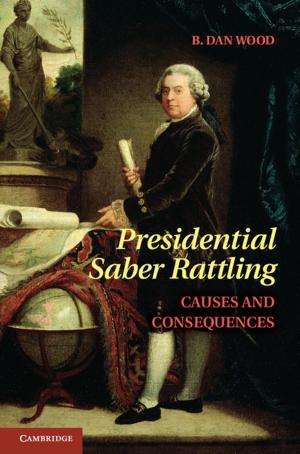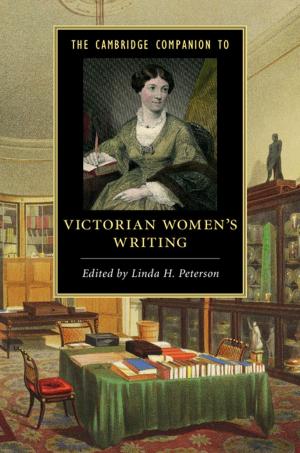Framing the European Union
The Power of Political Arguments in Shaping European Integration
Nonfiction, Social & Cultural Studies, Political Science, International, Foreign Legal Systems, Government| Author: | Ece Özlem Atikcan | ISBN: | 9781316394052 |
| Publisher: | Cambridge University Press | Publication: | October 9, 2015 |
| Imprint: | Cambridge University Press | Language: | English |
| Author: | Ece Özlem Atikcan |
| ISBN: | 9781316394052 |
| Publisher: | Cambridge University Press |
| Publication: | October 9, 2015 |
| Imprint: | Cambridge University Press |
| Language: | English |
What is the impact of political language upon public opinion towards European integration? Based upon media analysis, public opinion data and over 140 in-depth interviews with senior officials and campaigners, Ece Özlem Atikcan examines six EU referendum votes: in Spain, France, the Netherlands and Luxembourg on the European Constitution in 2005; and in Ireland on the Lisbon Treaty in 2008 and 2009. In all instances, polls show that the voting public favored the referendum proposals before the campaigns began, yet this initially positive public opinion melted away in three of these six cases. Why did this occur? Atikcan demonstrates that the key to the puzzle lies in political campaigns, where argument strategies can, at least temporarily, reverse public opinion enough to affect referendum outcomes. Providing a critical analysis of campaign strategy and EU communication policy, this book will be essential reading for academics, policymakers, politicians and future campaigners.
What is the impact of political language upon public opinion towards European integration? Based upon media analysis, public opinion data and over 140 in-depth interviews with senior officials and campaigners, Ece Özlem Atikcan examines six EU referendum votes: in Spain, France, the Netherlands and Luxembourg on the European Constitution in 2005; and in Ireland on the Lisbon Treaty in 2008 and 2009. In all instances, polls show that the voting public favored the referendum proposals before the campaigns began, yet this initially positive public opinion melted away in three of these six cases. Why did this occur? Atikcan demonstrates that the key to the puzzle lies in political campaigns, where argument strategies can, at least temporarily, reverse public opinion enough to affect referendum outcomes. Providing a critical analysis of campaign strategy and EU communication policy, this book will be essential reading for academics, policymakers, politicians and future campaigners.















